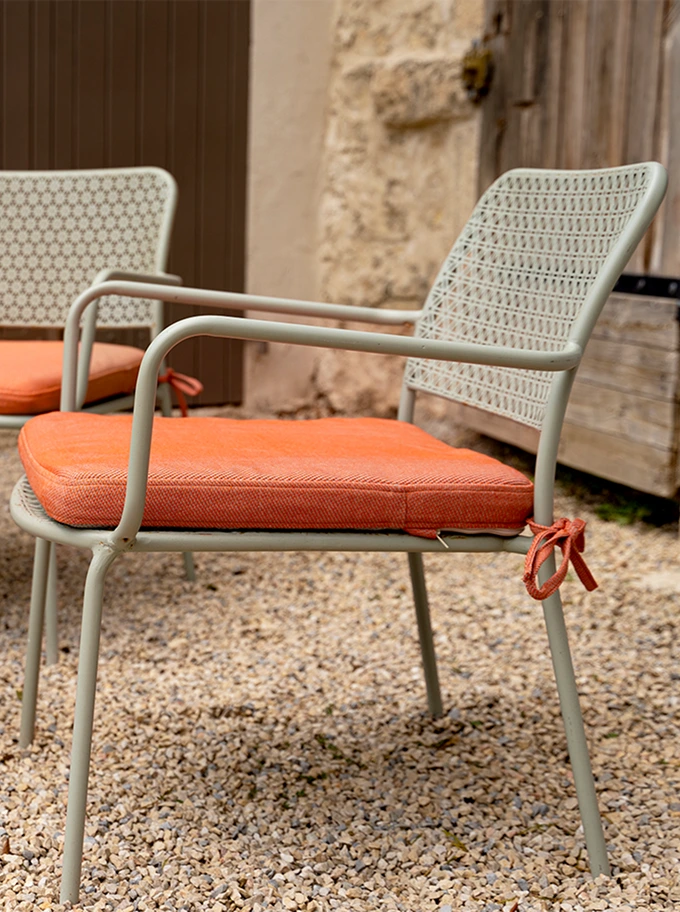
The median tenure for workers aged 25 to 34 is 3.2 years. How did a 32-year-old like me end up working at the same company for eight years – and counting?
The background history
In 2009, I was an about-to-be homeless student looking for a place to stay in Melbourne. My brother’s advertising junior needed a new housemate to pay rent, and that’s how I met Henry and Rachel. For the next six months, they saw me struggling at uni while I watched them (then boyfriend and girlfriend) party hard as well as literally start what we now know as Comfort Works. Fun fact: they were originally trying to sell curtains.

After graduating in 2012, I worked as an English and Maths tutor for a while before finally giving in and accepting a corporate job as a ‘web content developer’. The advert said it was a growing brand to 45,000 cost centres across the globe, but in reality I was only their second confirmed employee.
Start-up life was pretty fun though, and I built the foundation of my internet marketing skills here, as well as picking up some HTML and CSS – all skills that would soon come in handy.
A few months in, my brother reconnected me with Henry and Rachel. They were now married and had their first baby, Oliver. We reminisced about our uni days of infusing vodka into watermelons, and the next thing I knew, Henry had offered me a job at Comfort Works.
Honestly, I was pretty skeptical at first because it was supposed to be a 50% customer service role… and 50% everything else.
Some would say that’s the dodgiest job description in the world.
“Sounds exciting,” I thought. I took the job.
How it started
True to Henry’s word, the first thing I had to do on the job was not customer support-related. On my first day, Comfort Works was in the midst of migrating their website so I had to manually list fabric options for each product. Fun times.
That was my on-boarding. I soon learnt that if a problem arose that needed to be fixed, I would either:
- Be taught to fix it there and then
or - Learn to fix it there and then.
So I learnt a lot of things, really quickly.
Three months in, I went to China with Henry and Kenny to check out our workshop for the first time. It was an apartment with two rooms: one for admin and e-commerce, the other for storage and napping.
This was the first time I could see the entire supply chain at work, after I confirmed an order on the website. From bringing rolls of fabric in from the lifts, to cutting, sewing, quality testing, packing and shipping – it was an eye-opening experience. Needless to say, I was also helping out (mostly quality testing because I wasn’t really qualified to do anything else) – and partaking in the very important siesta.

I returned from China with a fresh pair of eyes, and great admiration for our production team.
My biggest takeaway: making a slipcover is really hard work. It was my duty as the customer-facing representative to not let our team’s craftsmanship go to waste. Gradually, I learned not to cheapen our products’ value by offering discounts, as much as customers threatened to go to the competitor. I learned to offer value, by making sure I was able to resolve every single customer’s sofa problem – even if ultimately it meant sending them to a competitor.
I learned to keep on learning. Be it customer service, sales, content writing, supply chain management, hiring, training, process optimisation, product management – you name it, I did it.
And as long as I continued to absorb new knowledge and grow with Comfort Works, I knew it wasn’t just another job to make ends meet. I had a role which pushed me to my fullest potential as long as I felt I was capable enough to do so.
How it’s going
Eight years ago we were a team of three, working in a freezing rented room no bigger than a queen-sized mattress. Now we work in a bungalow with a pool, housing close to 70 employees (although these days it’s closer to 20 people at a time thanks to Covid 19 protocol).
We’ve come a long way, and I’m truly proud to have been part of this journey.
Never did I expect to lead a team of 15 when I used to be hammering out 50 tickets a day and crafting a blogpost every week. Never did I expect to think about managing a Profit & Loss statement before I sleep, when I used to go home and dream about different fabrics and IKEA sofas.
If you’d asked me eight years ago whether I ever saw myself becoming an Operations Manager, I guess I would have cheekily said, “Maybe in 10 years?” Heck, I didn’t even think I’d get married, buy a condominium and have four three cats (R.I.P Clio)!

The person I was back then is still who I am today: someone who has stage-fright, loves crunching numbers and will steal your fries if you’re not looking. The difference is I’ve been gradually overcoming my weaknesses and honing my strengths (you wouldn’t even know your fries are missing nowadays).
Will I ever leave Comfort Works?
No company or human being is infallible. I’d be lying if I said I’ve never considered leaving Comfort Works. In fact, I’ve spoken to Henry about it at a time when I felt like I wasn’t growing anymore. I was stuck trying to do as much work as possible to grow the business, while also trying to coach my juniors to scale it to the next level.
We had a good chat, with Henry delivering the ultimate takeaway of, “If you believe that another company is offering more than Comfort Works can – then you have my blessing.”
That’s why it resonates so much whenever I hear the phrase, “People leave managers, not the company.” It also means that we stay for the managers who coach us to become the successful professionals we should be.
Moving to another job can mean a lot of uncertainty: you don’t know what your manager, colleagues or environment are truly like until you start working with them. Sometimes you’ll find different workplace cultures incompatible with your own style of working; so I’m glad I found one that has worked for me so far.
When you’re deciding whether or not to stay in a company, think about the level of growth that you want for yourself. How much will you be able to attain at your current company? And how easily can your manager get you there? When these three are aligned (and, importantly, you’re being paid competitively to market rate), you should stay.
Don’t stay solely for the sake of loyalty, especially if you feel the workplace is negatively affecting your mental health and/or your own learning and progression. You just have to open up a conversation with your boss to work things out.
For me, so long as I’m mastering my craft and upskilling to deliver a value bigger than myself – is there really such a thing as “staying too long” in a company?














